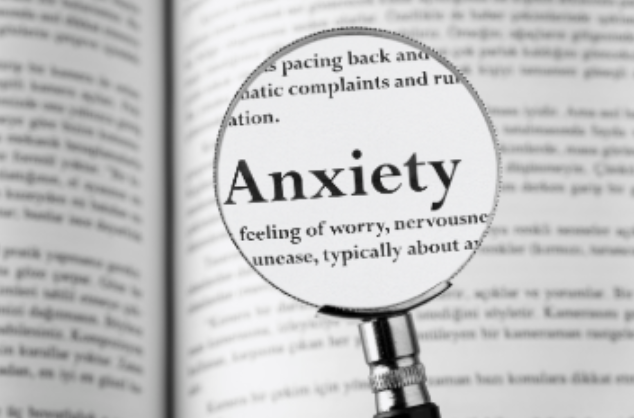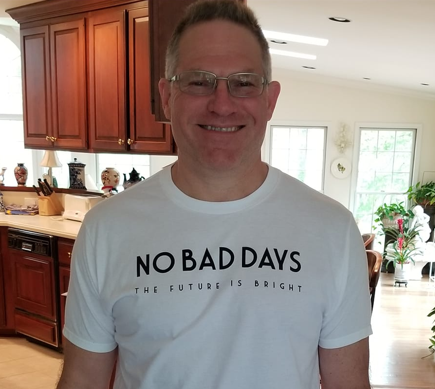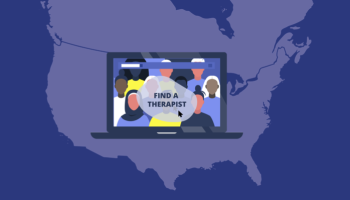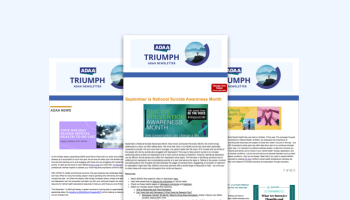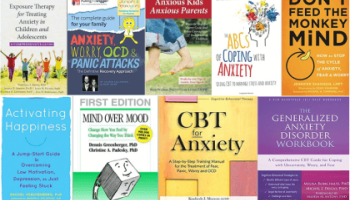CE and CME credits are no longer available.
These webinars, sponsored by ADAA and Wiley-Blackwell, provide a unique opportunity for health professionals to enhance their clinical practice and improve outcomes for their patients who have generalized anxiety disorder (GAD), especially women and older adults.
The program focuses on effective diagnosis, appropriate selection of psychosocial and pharmacological therapies, comorbid physical and mental illnesses, helping patients understand GAD, and reducing the stigma often associated with mental health disorders.
Learning Objectives
At the end of this program, participants should be able to:
- Differentially diagnose and treat generalized anxiety disorder with respect to gender differences, age, and comorbidity.
- Identify patients who would benefit by referral to other providers based on differential diagnosis.
- Critically evaluate and discuss controversies in patient diagnosis and treatment.
- Engage patients in understanding the disorder and recognizing the need for treatment and support.
 Understanding and Treating Generalized Anxiety Disorder
Understanding and Treating Generalized Anxiety Disorder
Tuesday, September 21, 2010, 3 PM EST
Mark Pollack, MD
Director, Center for Anxiety and Traumatic Stress Disorders, Massachusetts General Hospital and Professor of Psychiatry, Harvard Medical School
 Psychosocial Treatments for Generalized Anxiety Disorder
Psychosocial Treatments for Generalized Anxiety Disorder
Friday, October 8, 2010, 1 PM EST
Douglas Mennin, PhD
Department of Psychology
Hunter College, CUNY
 Treating GAD in Primary Care Settings
Treating GAD in Primary Care Settings
Wednesday, October 13, 2010, 1 PM EST
Larry Culpepper, MD, MPH
Professor of Family Medicine and Chairman, Department of Family Medicine Boston, University
 Treating Older Adults with Generalized Anxiety Disorder
Treating Older Adults with Generalized Anxiety Disorder
Wednesday, October 27, 2010, 1 PM EST
Eric Lenze, MD
Associate Professor of Psychiatry, Department of Psychiatry, Washington University School of Medicine
 GAD and Cormorbidity: Impact on Patient Health
GAD and Cormorbidity: Impact on Patient Health
Tuesday, November 9, 2010, 12 pm EST
Naomi Michele Simon, MD, MSc
Associate Director, Center for Anxiety and Traumatic Stress Disorders
Director, Complicated Grief Program at Massachusetts General Hospital
Associate Professor of Psychiatry, Harvard Medical School
 Treating GAD and Substance Abuse
Treating GAD and Substance Abuse
Tuesday, November 23, 2010, 11 am EST
Susan Carr Sonne, PharmD
Associate Professor of Psychiatry and Pharmacy, Medical University of South Carolina, Department of Psychiatry and Behavioral Sciences, Clinical Neuroscience Division
Refer to the GAD-7 anxiety scale.
Activity Accreditation and Designation Statement
CE and CME credits are no longer available.
CE or CME credits are available for professionals through these organizations:
Psychologists – ADAA is approved by the American Psychological Association to sponsor continuing education credits for psychologists. ADAA maintains responsibility for this program and its content. CE credits for psychologists are granted on a 1 credit per contract basis.
Social Workers – This program is approved by the National Association of Social Workers (provider #886437837) for continuing education contact hours.
Counselors – This program is approved by the National Board for Certified Counselors for continuing education credits.
This activity has been planned and implemented in accordance with the Essential Areas and Policies of the Accreditation Council for Continuing Medical Education through the joint sponsorship of Blackwell Futura Media Services and the Anxiety Disorders Association of America. Blackwell Futura Media Services designates this educational activity for 1 AMA PRA Category 1 Credits™. Physicians should only claim credit commensurate with the extent of their participation in the activity. Blackwell Futura Media Services is accredited by the Accreditation Council for Continuing Medical Education to provide continuing medical education for physicians.
This activity is partially supported by an educational grant from Pfizer.
